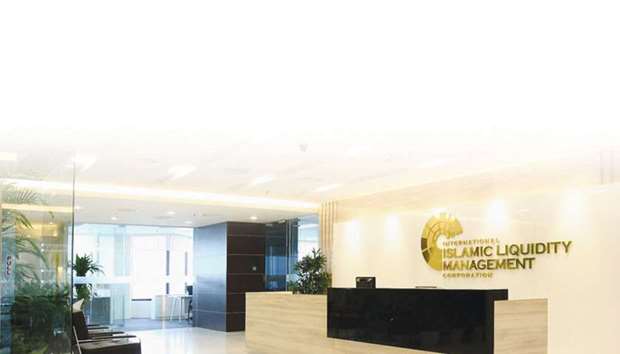The International Islamic Liquidity Management Corp (IILM) plans to expand issuance of sukuk beyond its current short-term programme aiming to address latent demand from Islamic banks, the head of the Malaysia-based body told Reuters.
Establishing a new medium-term programme would allow the IILM to offer a wider range of highly liquid, investment-grade financial instruments for use by Islamic banks.
The IILM is a consortium of central banks and monetary agencies from Indonesia, Kuwait, Luxembourg, Mauritius, Qatar, Malaysia, Nigeria, Turkey and the UAE, as well as the private sector arm of the Islamic Development Bank.
It launched a short-term issuance programme in 2013 which has sold predominantly three-month sukuk, having also tested two, four and six month maturities.
The IILM is now considering issuance of two or three year maturities driven by strong demand from Islamic banks, acting chief executive officer Abdoul Aziz Ba said in an interview.
“At the beginning we wanted to test the market with short term instruments, but this is not our only mission.
There is a market gap in the supply of instruments with a maturity below five years.”
Shariah-compliant funding tools such as those offered by the IILM are viewed as an important step in the development of Islamic finance, which follows religious principles such as bans on gambling and outright speculation.
This means interest-bearing products are deemed off-limits for Islamic banks, restricting their access to money markets and other funding tools offered by central banks, a potential disadvantage during a liquidity crunch.
The IILM currently has around $3bn in outstanding sukuk and it could gradually increase this to between $3.5bn to $4bn, depending on consistency of demand, said Ba.
“The market can absorb this but our objective is not to mop up all liquidity.”
IILM sukuk are distributed through a network of ten primary dealer banks, with around 30% traded onto the secondary markets.
Around 60% of demand for IILM sukuk comes from Islamic banks in Gulf countries with the rest split across Asia and international banks.
But there is also potential for IILM sukuk in non-member countries, such as Oman and Britain as well as jurisdictions such as Hong Kong and Singapore, said Ba.
“It is important for us to reach out to financial centres and regions with a critical size of Islamic banks.”

The IILM is now considering issuance of two or three year maturities driven by strong demand from Islamic banks, according to acting chief executive officer Abdoul Aziz Ba.
